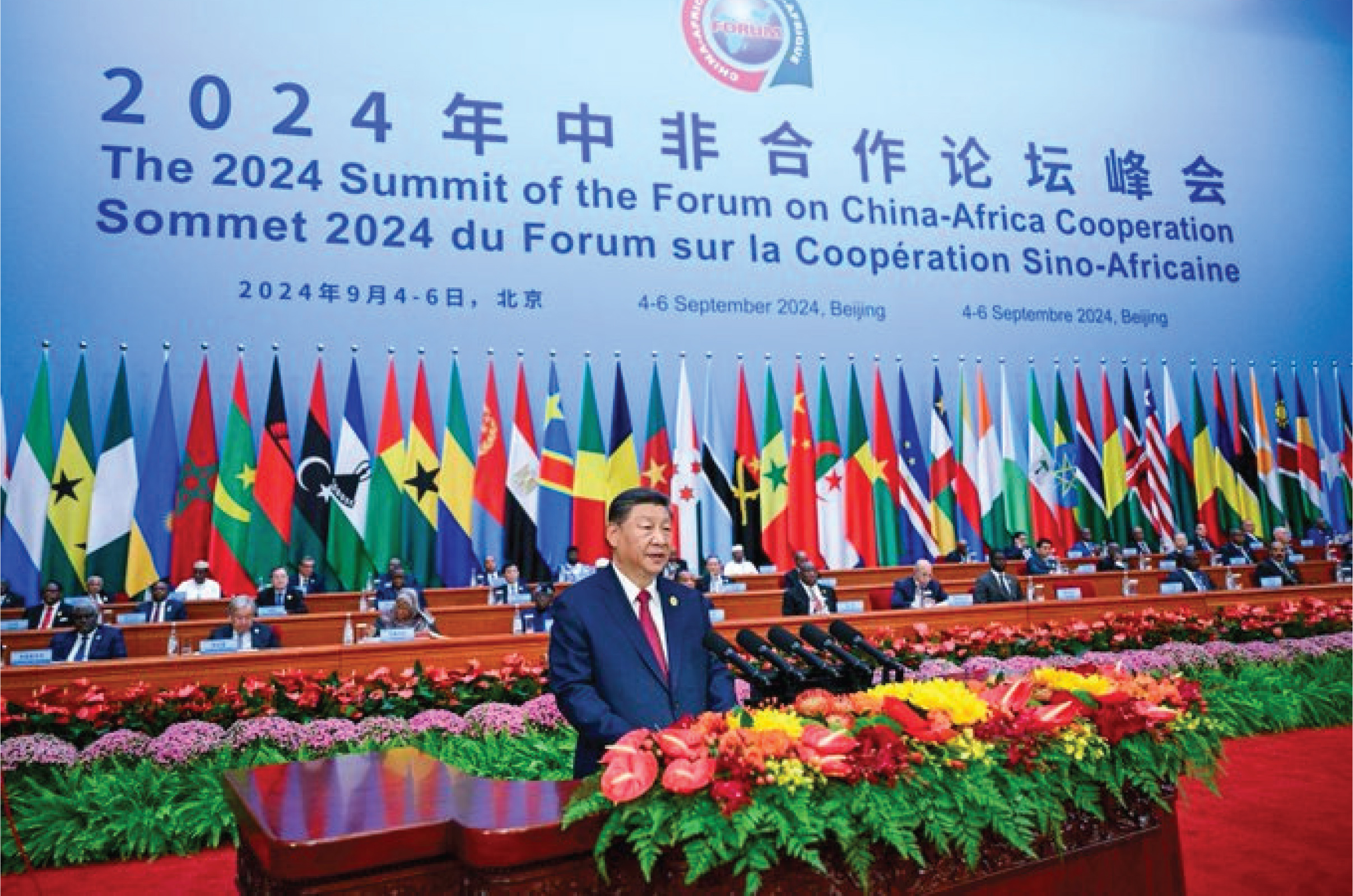- Home
- About
- Experts
- Publications
- Our Centers
- Policy Forums
- Speeches
- Events
- Multimedia
- Mon-Fri (9:00 am-7.00 pm)
- [email apolicyinstitute@gmail.com]
- +254 706 670 965
- Mon-Fri (9:00 am-7.00 pm)
- [email apolicyinstitute@gmail.com]
- +254 706 670 965

If there is a single word that aptly captures the vision of a peaceful and prosperous future of our world, it is the concept of co-prosperity or ‘shared prosperity’. From the outset, the concept the proverbial Sword of Damocles hanging over our heads.
Instead, we must conceive and remake our world into a commonwealth of civilizations. This idea is not a pipedream. In reality, our contemporary world is the proverbial coat of many colours, a blend of diverse human cultures and civilizations. It is this concept of the co-prosperity of civilizations that has given rise to the United Nation’s transformative promise of “Leaving no one behind”, which is now the nerve-center of the UN 2030 Agenda for Sustainable Development
Regretably, the tapestry of experiences, exchanges and contributions by all civilizations to our shared past has been eclipsed by hegemonic narratives. In his book, The Silk Roads: A New History of the World (2015), the British historian, Peter Frankopan, has cautioned against the hegemonic narrative of the world as a triumph of one civilization—the West and its assumed Greco-Roman ancestry. Instead, human civilizations met along enchanted “Silk Roads” that connected Africa, China, Asia and Europe. Here, civilizations exchanged goods, services and ideas about values, religions, cultures, economies and forms of government.